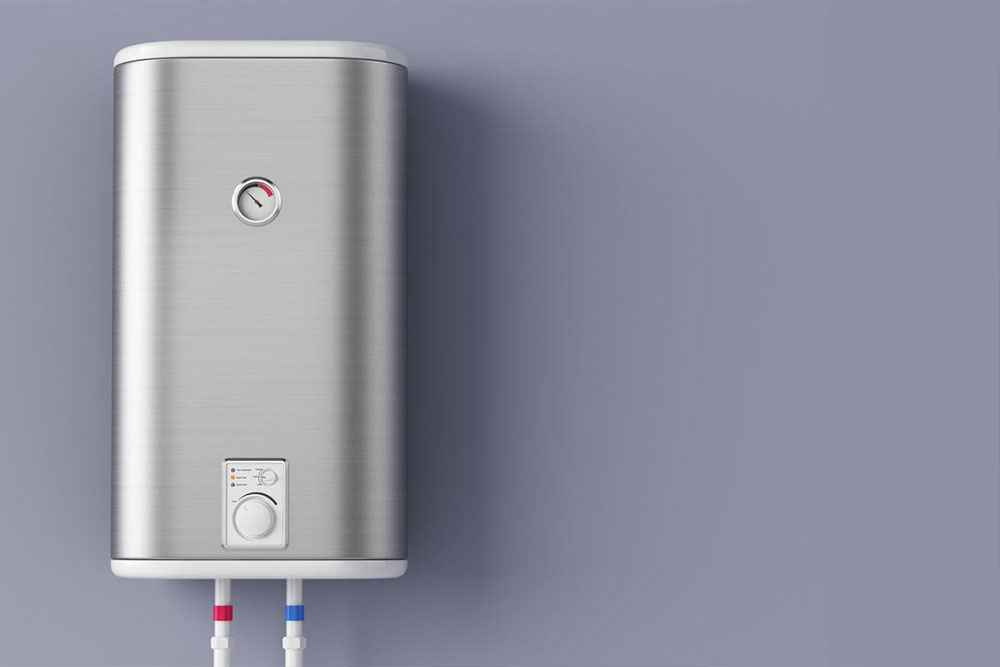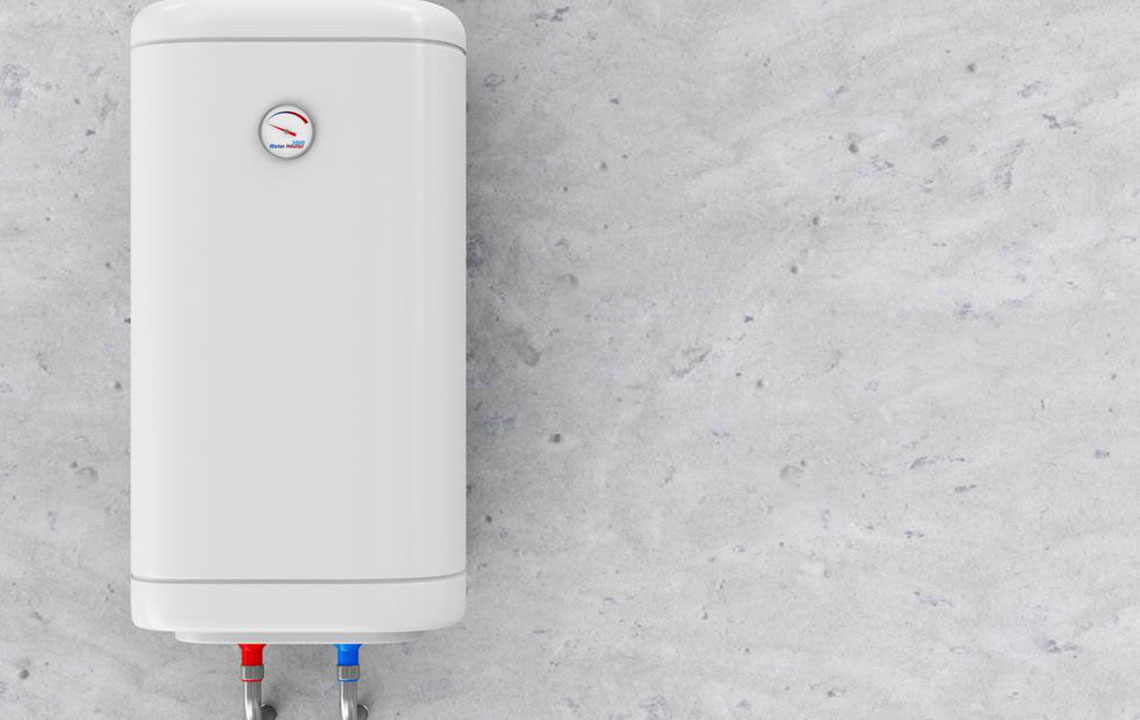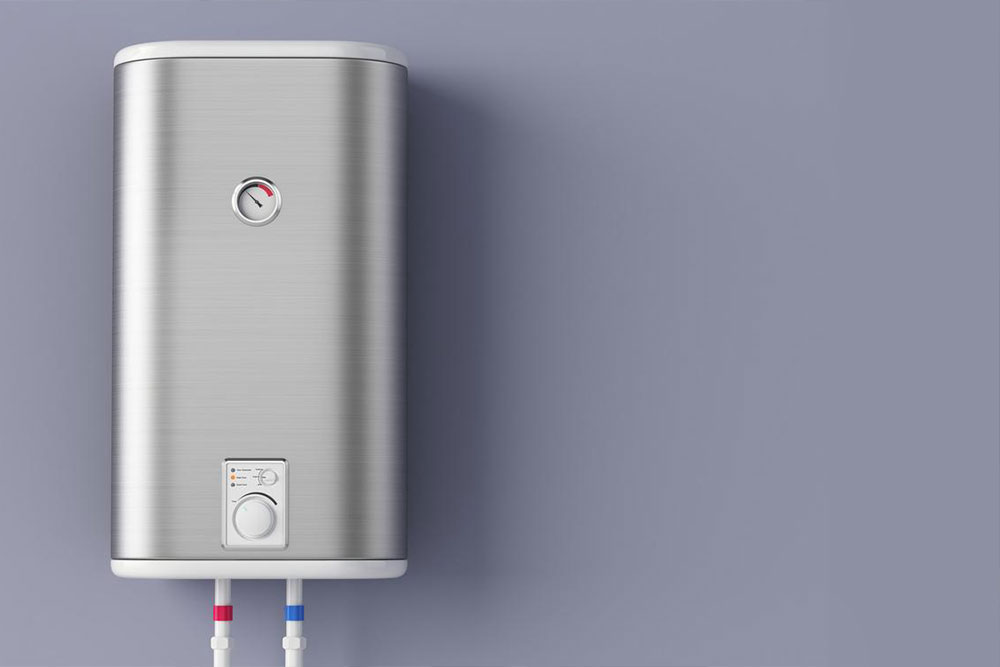Ultimate Guide to Water Heaters: Types and Working Principles
This comprehensive guide covers various water heater types, including storage tanks, tankless, hybrid, solar, and condensing models. It explains their working principles, benefits, and ideal usage scenarios, helping consumers make informed decisions for energy-efficient hot water solutions.

Exploring Water Heater Options: Different Types and How They Work
Selecting the appropriate water heating system can be challenging with so many options available. Each type caters to specific hot water requirements. This article explains the most common water heater types and their unique features.
Types of Water Heaters
Storage tank water heaters include a well-insulated tank that heats and stores hot water. They feature safety devices like a temperature and pressure relief valve that automatically releases excess pressure or heat for safety reasons.
Powered mainly by natural gas or electricity, traditional models tend to be cost-effective options, with gas models being economical and electric ones usually more affordable initially.
Tankless water heaters, also known as on-demand systems, are compact units that deliver hot water instantly. They can be installed close to the point of use and achieve efficiency levels up to 80%. Although more expensive upfront, their energy efficiency makes them a popular choice.
Hybrid or heat pump water heaters draw heat from the surrounding environment to warm water, making them highly energy-efficient. Suitable for areas with temperatures between 40°F and 90°F, they can cut energy consumption by around 60% compared to traditional electric heaters.
Solar water heating systems harness sunlight to generate hot water, ideal for sunny climates. Often paired with backup gas or electric systems for cloudy days, they tend to be more appropriate for industrial or large-scale commercial purposes due to higher installation costs.
Condensing water heaters utilize the exhaust gases from combustion to heat water and are generally suitable for large households or commercial use, with a minimum capacity of 55 gallons. They maximize efficiency by capturing and reusing flue gases.
Evaluate your hot water requirements carefully to select the best heater. A dependable unit ensures consistent hot water supply and noticeable energy savings.


